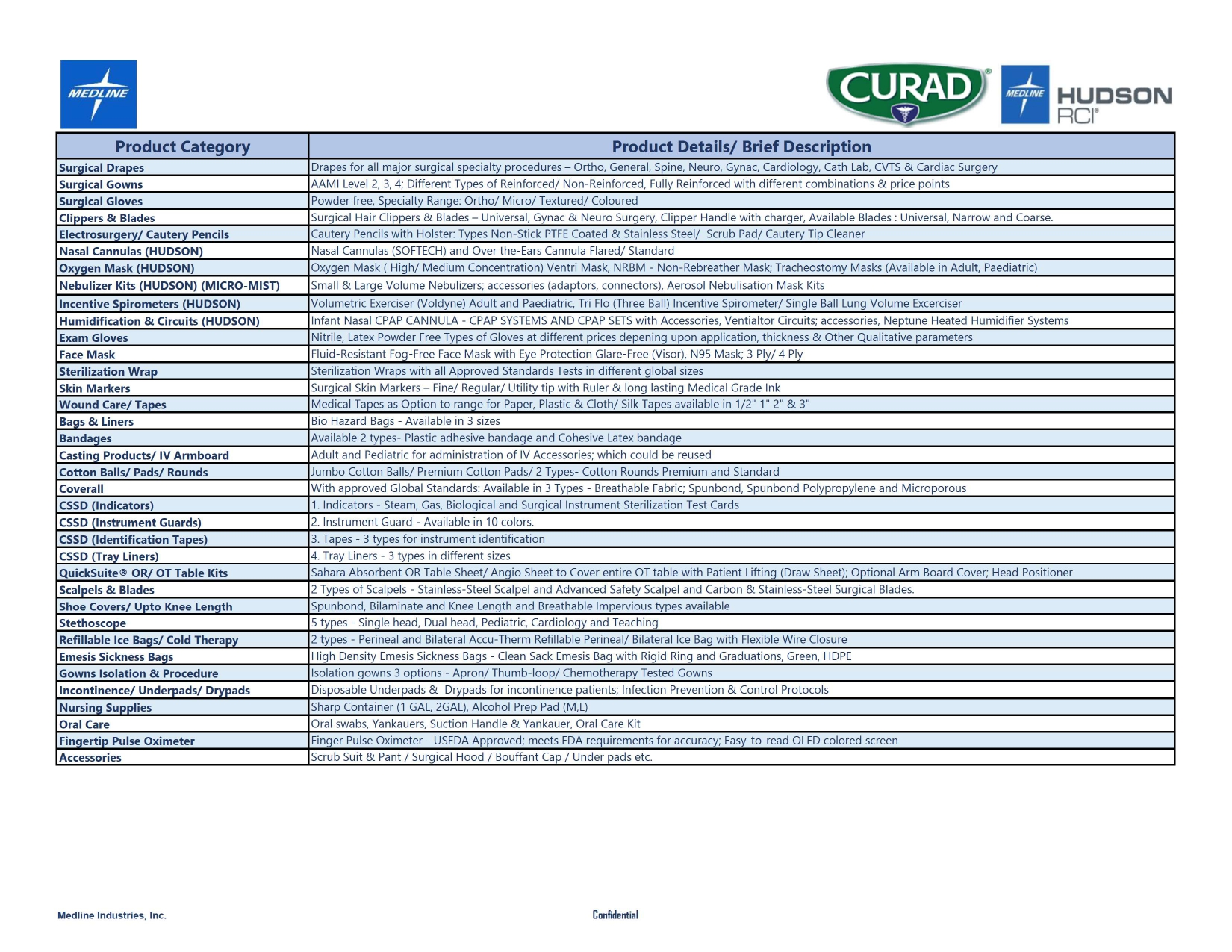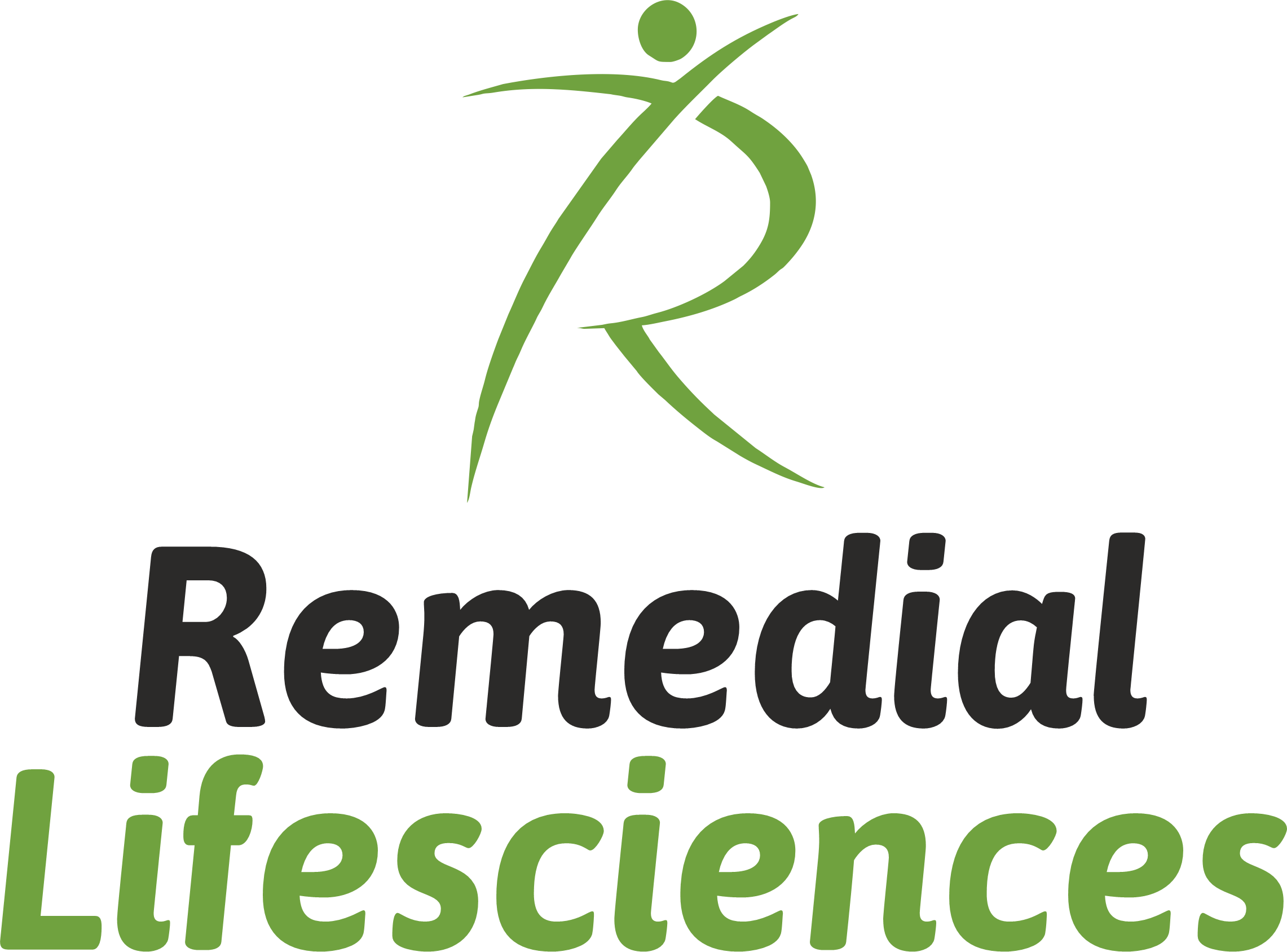Medical Consumabales

Medical Consumabales

Medical consumables are essential items used in healthcare settings that are single-use or have a limited lifespan. These products are crucial for patient care, diagnostics, and treatment, ensuring hygiene and safety in medical procedures. Here are some key points regarding medical consumables: Medical consumables refer to disposable items that are required to perform medical procedures and provide patient care. They often include products that are designed for single use to minimize the risk of infection and ensure proper hygiene.
Types:
- Syringes and Needles: Used for injections, drawing blood, and administering medications.
- Drapes and Gowns: Provide sterile barriers during surgical procedures.
- Gloves: Used to protect healthcare workers and patients from infection.
- Wound Care Supplies: Such as bandages, dressings, and antiseptics.
- Diagnostic Kits: Includes test strips, sample collection kits, and other items necessary for patient diagnostics.
- Respiratory Equipment: Items like masks, oxygen tubing, and filters.
Importance: Medical consumables play a critical role in patient safety, infection control, and overall healthcare quality. Their proper use helps to prevent cross-contamination and healthcare-associated infections.
Regulations and Standards: Medical consumables are subject to strict regulatory standards to ensure their safety, efficacy, and quality. Regulatory bodies like the FDA in the United States evaluate and approve these products before they can be marketed.
Market Trends: The demand for medical consumables is influenced by factors such as the rising prevalence of chronic diseases, an aging population, and advancements in medical technology. The global market is also seeing increased focus on sustainability, leading to the development of eco-friendly options.





